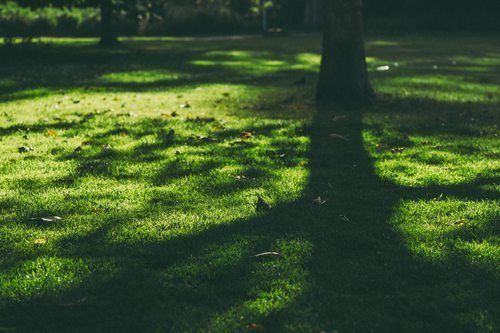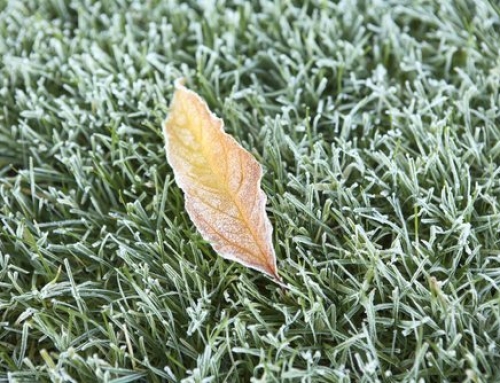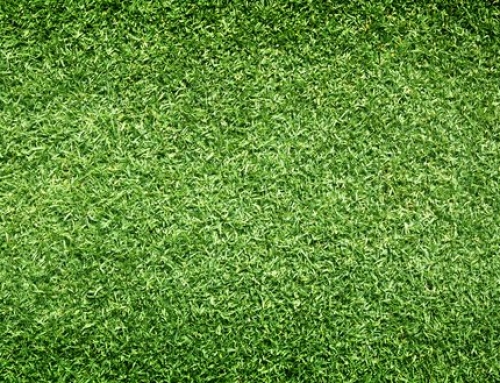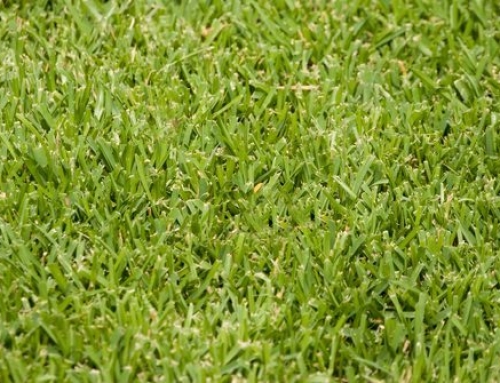What Types of Grasses Grow Better in the Shade in South Carolina?
Fescues are the best solution for tree-shaded areas of lawn that receive less than four hours of daily sun. Most grass varieties do not perform well under these conditions, but hardy fescue varieties, known for their thick leaves and a texture finer than traditional bluegrass, adapt to dry habitats, poor soils and are a good type of grass to grow under shade trees.
What are the Difference Types of Fescue Grasses in South Carolina?
Tall Fescue varieties for lawns and other turf have a finer texture than the traditional cultivars such as Kentucky 31 though not as fine textured as fine fescues. Defiance XRE, Titan LTD, Defiance XRE Blue, Rebel Shade, and Greystone are just a few of the turf type Tall Fescue seeds. Tall fescue seed is used extensively in transition areas for the sowing of lawns, athletic fields such as baseball fields, playfields, polo fields, in commercial sites like hospitals, or any place a good, dense, traffic resistant lawn is desired.
Tall Fescue seed grows best in heavier soils with a lot of organic matter. This grass is more shade tolerant than most of the cool season grasses and grows well in the transition areas where cool season grasses will not take the warmer climate where the warm season grasses will not tolerate the cooler weather.
Creeping Red Fescue is a very fine bladed grass with a deep green color that grows and spreads by creeping stems that grow sideways under ground. Creeping Red Fescue seed is planted in cool, shaded areas as this grass is very shade tolerant as opposed to other cool season grasses. Creeping Red Fescue seed is often used in seed mixtures such as bluegrass to add shade tolerance to a bluegrass lawn. Another desirable trait of Creeping Red Fescue is that it has low fertilization and low irrigation requirements.
Hard Fescue is one of the most durable of the fescue grasses. This cool season fescue seed is often used in seed mixtures when shade tolerance and or low fertility soils are an issue. Hard Fescue has a beautiful blue-green color and requires little if any mowing.
Hard Fescue grows in clumping formations and may not be cut as low as the other fescues, with optimum mowing occurring once a month at a height of 3 to 4 inches. If desired, hard fescue can be left uncut to form a 4 to 6-inch tall carpet that is great for use on slopes, highway medians, and little-used areas. Hard Fescue varieties are suitable for use in lawns, golf course roughs and make an ideal conservation, erosion, and reclamation planting in areas not easily maintained. Hard Fescue grass is naturally salt tolerant.
Chewings Fescue is a bunch-type fescue with an upright growth pattern that resembles Tall Fescue while retaining the fine leaves of fescue. Chewings Fescue is sometimes used to overseed shady lawns usually in lawn mixtures containing perennial ryegrass and adapted well to sandy, acidic and infertile soils.
As with all fescues, Chewings Fescue grows well in the shade, is drought resistant, and blends well with almost any grass. Chewings Fescue can be mowed lower and prefers to grow on the more sandy soils of low fertility. Chewings Fescue will germinate in about 14 days. This fescue can be cut as low at 1½ inches, making it even more popular if grown alone or in mixtures. Chewings Fescue over-seeds well into other lawns for better diversity and problem-solving.
Sheep’s Fescue is also a bunch grass which is used for erosion control, meadow grass, soil improvement, drought tolerant lawns. Sheep’s Fescue also has ornamental uses in landscaping and wildflower stands. Sheep Fescue is a cool-season perennial grass that has a blue-green color, grows to 16″ tall and is densely tufted.
How Much Water Does a Fescue Lawn Need in South Carolina?
Generally, fescue turf grasses need about 3/4″ – 1″ of water per week to maintain the nice green color and active growth. However, during certain times of the summer when high temperatures are the norm, you should allow lawns to naturally slow down in growth. You may even let the lawn go almost completely dormant in hot weather. There are a lot of factors that impact your lawn’s water needs, including soil and weather.
What are Some Watering Tips for Fescue Grass in South Carolina?
A few things to keep in mind when watering fescue include:
Water as infrequently as possible. Thoroughly water to allow the moisture to soak the roots. Exceptions to this general rule are for newly seeded lawns where the surface needs to stay moist, and newly sodded lawns that have not yet rooted into the soil. Otherwise, avoid frequent watering, which promotes shallower root systems and weeds. It is better to water for longer periods of time than more often. A good rule of thumb is to water three to four times a week, watching to weather and adjusting as needed.
Water early in the day if possible. Given a choice, water early in the day when lawns are normally wet from dew. Avoid midday watering due to excessive evaporation, and at night due to potential increases in disease.
Avoid overwatering. Use a rain gauge to measure how much water you are applying. Overwatering makes plants more susceptible to pests and disease.
Growing grass in the shade does not have to be an exercise in futility and frustration. With a little effort, your lawn will come to life in shaded areas. Contact the experts at Nimmer Turf for a free consultation and learn the ways in which we can help assist you and your lawn.






